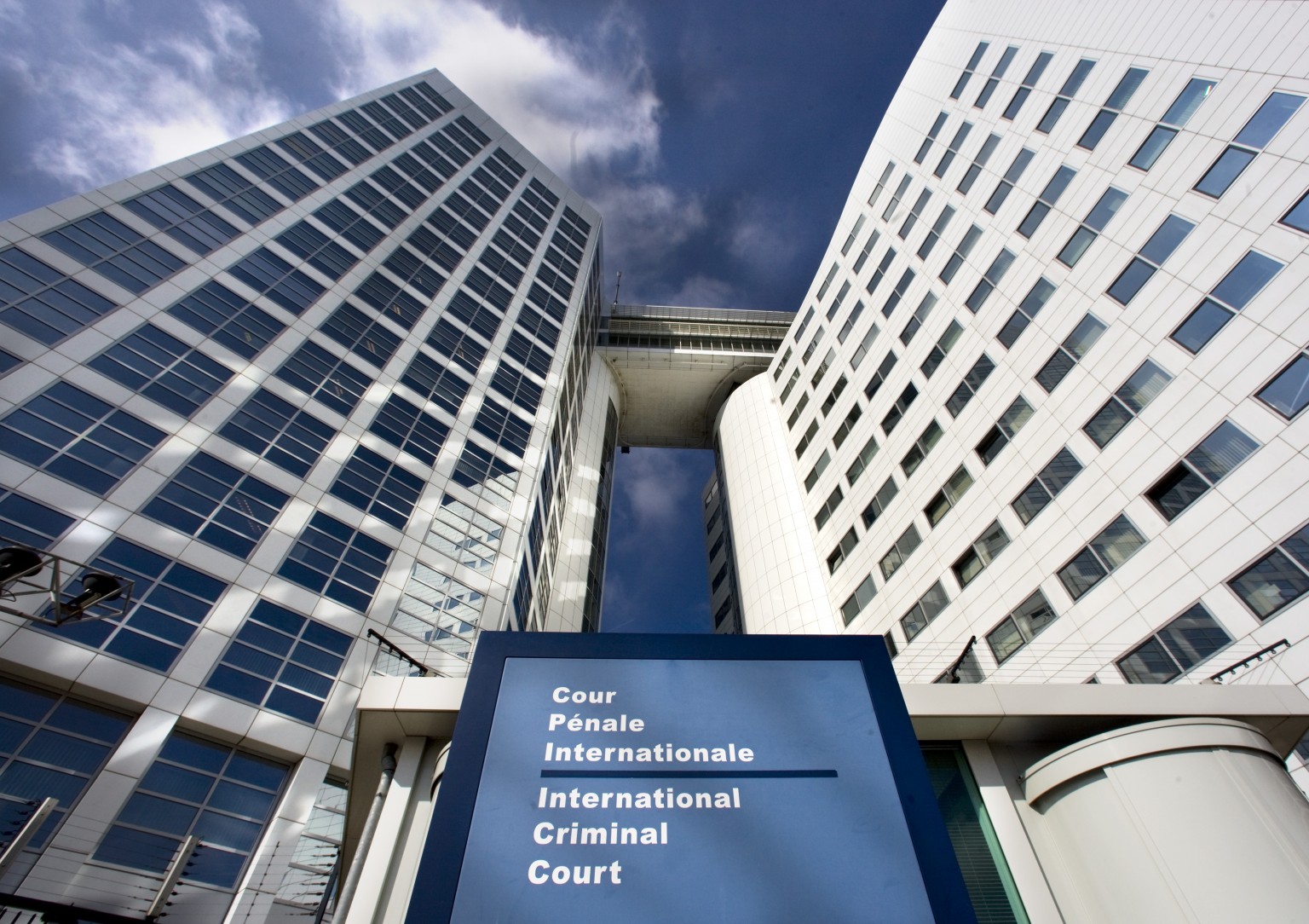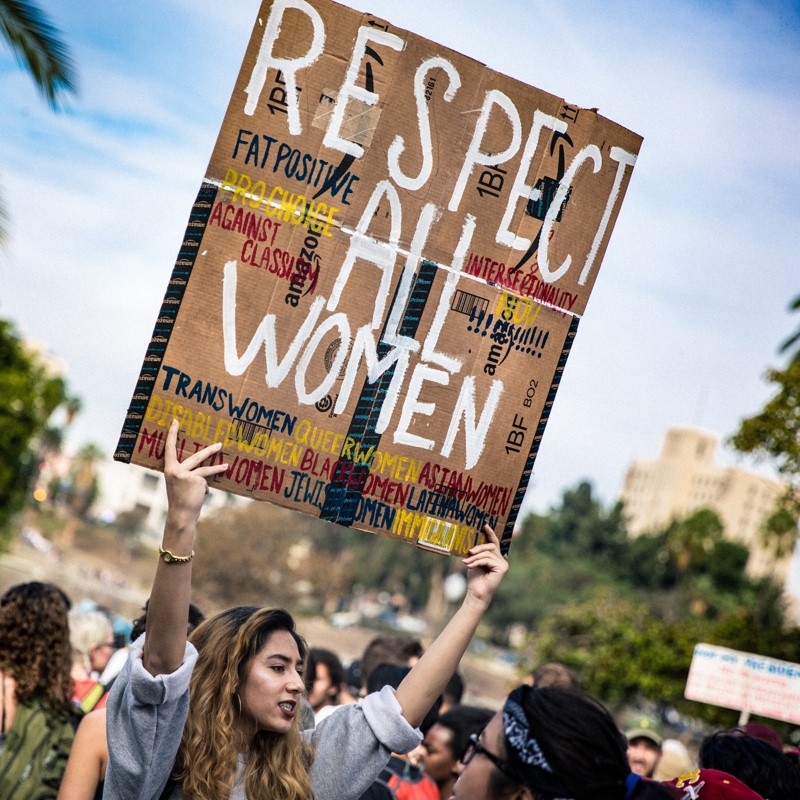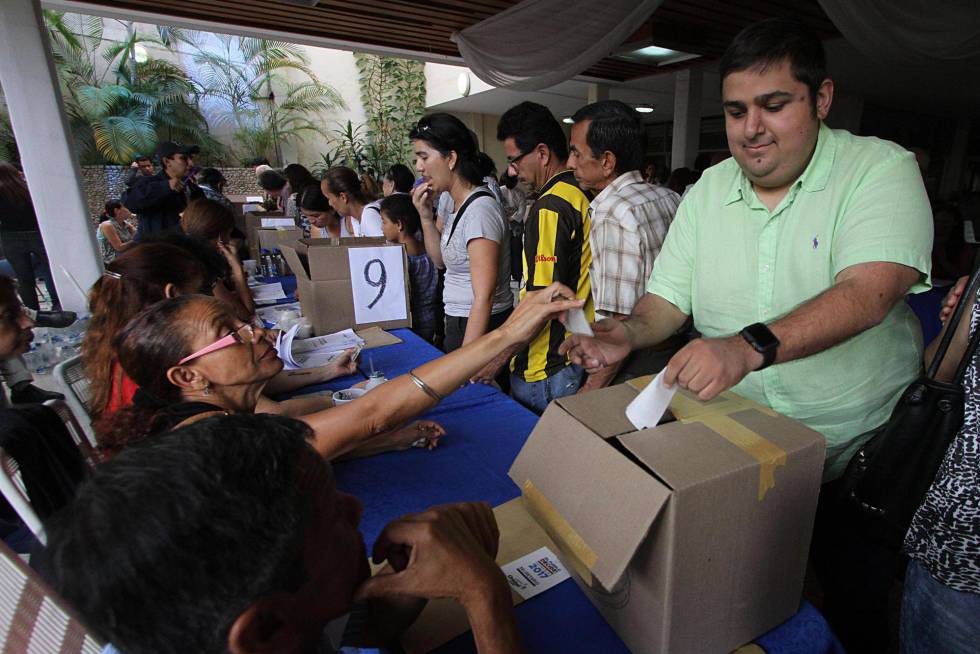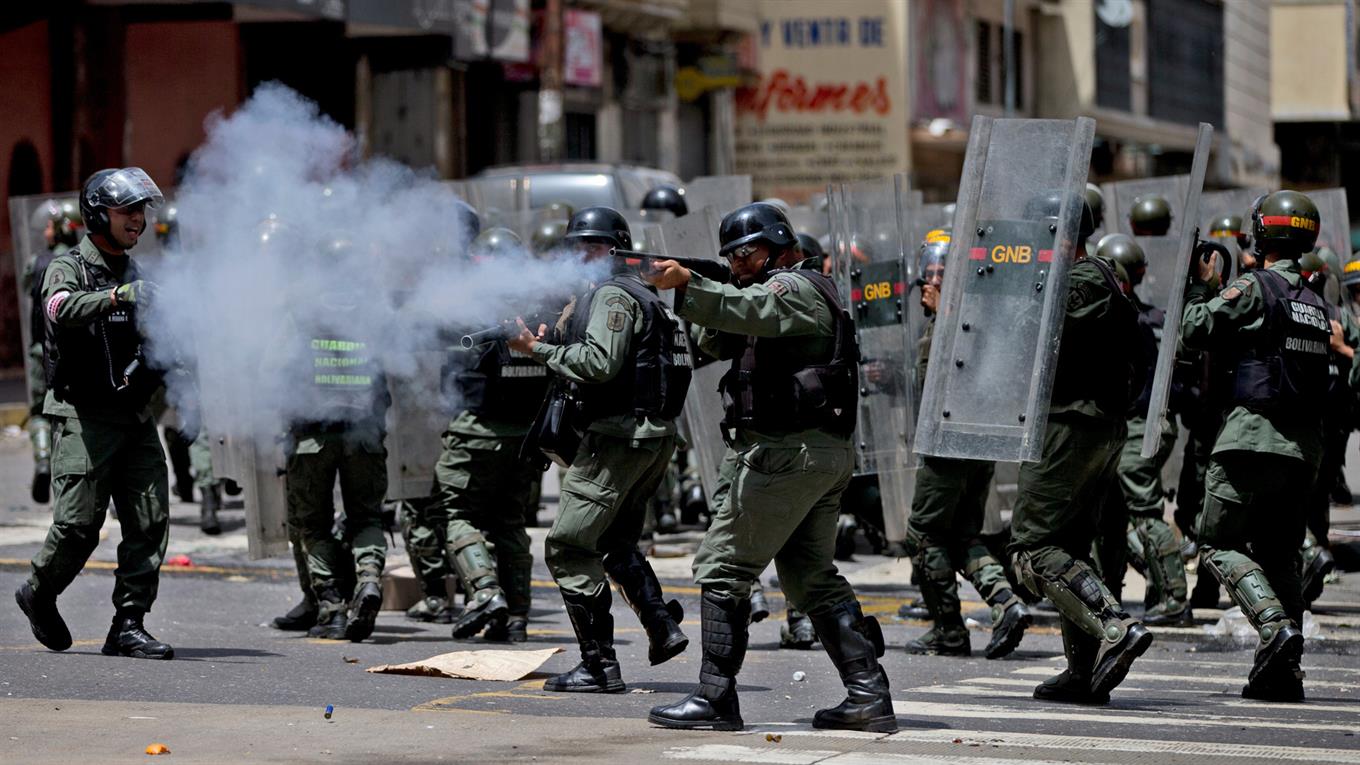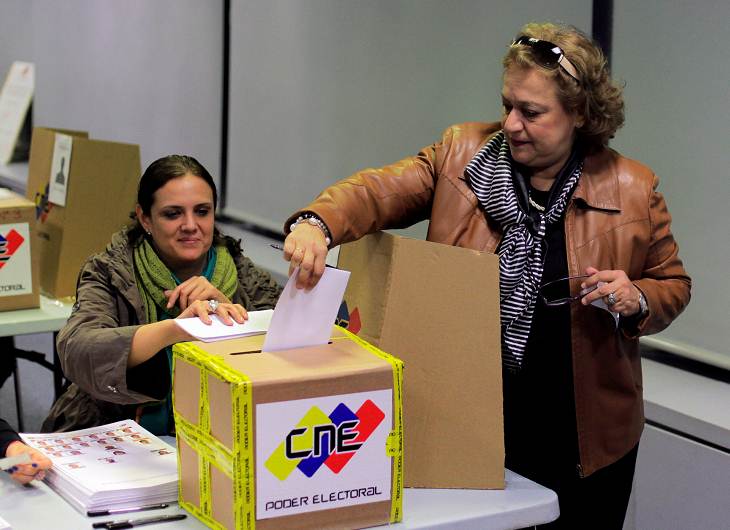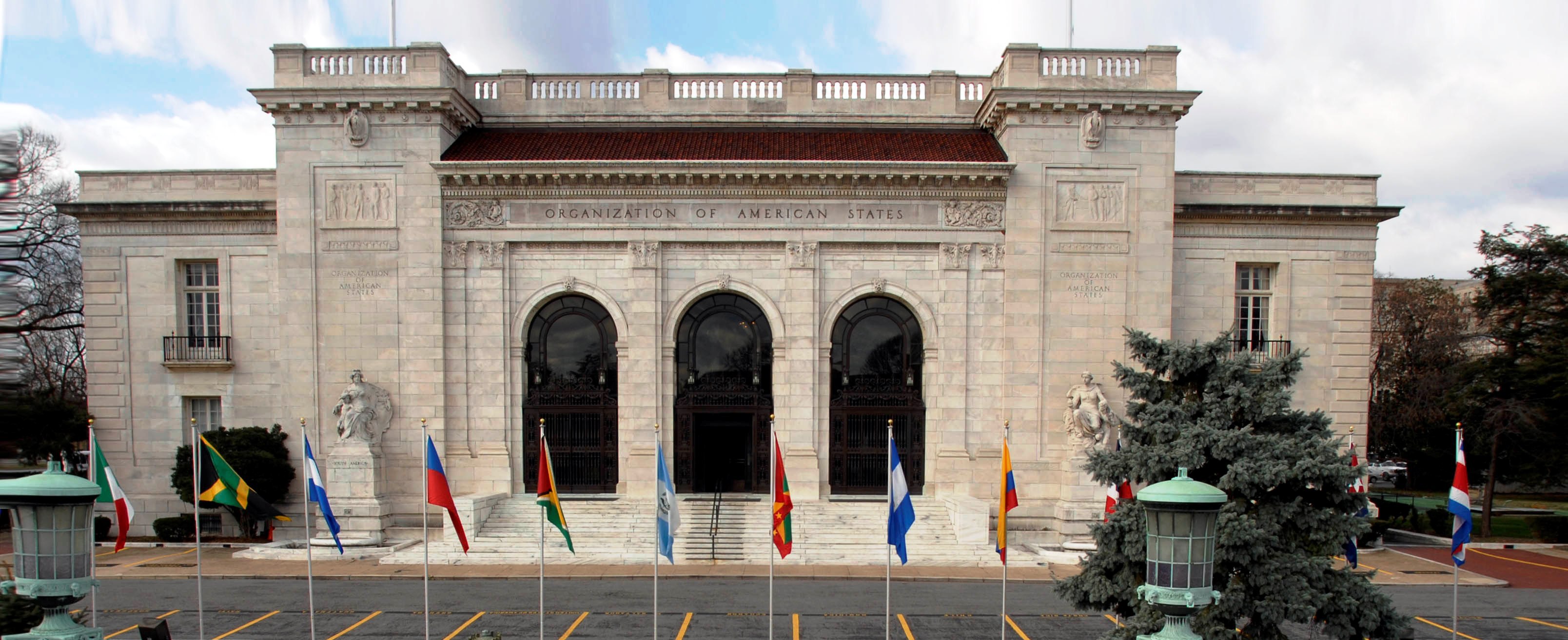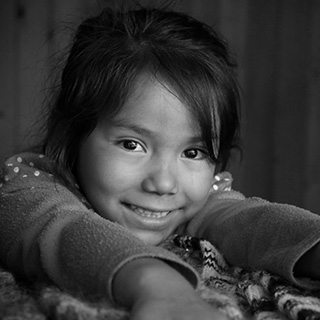The Venezuelan Constitution establishes that the only requisite to exercise the vote is the identity card and that is what Carlos Suarez, economist, spokesman of Voluntad Popular Internacional, demands, to comply with the national residents abroad.
The right to vote of Venezuelans living outside the country is in danger, warns Suárez, by article 124 of the Electoral Processes Law. The norm adds as a requisite for the suffrage the proof of legal residence (in the other country), a disposition that the economist qualifies as discriminatory, since "all the voters, here and there or wherever they are, must have the same treatment". For that reason, he trusts the good judgment of the Venezuelan Supreme Court that last Wednesday admitted a recourse for the revision of the controversial Law.
For Suarez, the requirement of legal residence is an element that adds to the persecution that is made to the group of 'Venezuelans abroad' whose only sin, he says, is to live outside the country. The concern has forced to denounce the case in governmental and judicial organisms in the planet.
- Until now in how many organisms and institutions of different countries have denounced the situation of the Venezuelan voters abroad?
We can speak of two denunciations, of two fronts that Voluntad Popular has opened in defense of the political rights of Venezuelans abroad. First, there is the complaint regarding the violation of the rights of political participation of Venezuelans when asking as a requirement to demonstrate that the voters are legally resident. This is a requirement to register and vote in the consulates and this clearly violates the Venezuelan Constitution and the international conventions that derive from this in the universal declaration of human rights. We responsibly presented before the Supreme Court of Justice (TSJ) this appeal for annulment and the precautionary measure of the LOPE that was admitted by the TSJ, which is a great achievement, one more step towards what we hope will be an act of vindication of the justice owed to Venezuelans abroad.
- What answers have you had with the allegations that the Venezuelan consular officials claimed responsibility for immigration agents, at least in the case of the US, and that violated the laws of the country?
That's what the consulates used to ask for immigration documents from the country where they are located, say Spain, the United States, Mexico, they violate international conventions and national laws that regulate the treatment of immigrants around the world. This aspect of the "double violation" that the consulates commit as conscious, responsible and militant agents of this demand of the CNE, we have denounced before the national prosecutors and some defense cases in several countries of the world including Mexico, Chile, Spain, and the United States. United. Of these, Chile has already stated that the migratory status that a Venezuelan citizen may have in Chile does not affect at all their possibilities of participating in the electoral processes of their country of origin.
- Do you trust that the Venezuelan justice agencies will rule in favor of the voters who live abroad once the TSJ admitted the appeal?
For principles and conviction we believe that the Supreme Court will do justice. We also believe in the strength of our cause and our argument and that is reflected in the admission of the appeal. Remember that not long ago the TSJ rejected an appeal on the matter. The fact that the Supreme Court has admitted our appeal is a sign of the strength of the argument we present.
- What is the point of making that proof of residence a requirement? How do you evaluate it?
It is a discrimination, it is one more proof of the political persecution that the Venezuelans live, in particular the Venezuelans abroad as a collective. This is precisely the argument of our appeal: requiring proof of legal residence for Venezuelan voters abroad is discriminatory. While in Venezuela the elector registers exclusively with his identity card and a good faith principle applies when he provides his residence information, Venezuelans abroad are not only required to prove residence, and this would be discriminatory in itself. which implies a different treatment with respect to the treatment of the elector in Venezuela. Beyond a voucher, legality is required in your immigration status. For us all this is a repugnant act that adds to the character of economic displaced, violence and political persecution against this collective whose only sin is to live abroad.
-What is plan B if the Supreme Court fails against its proposals?
Once the national authorities have been exhausted, we will go to the Inter-American Commission on Human Rights to request a precautionary measure. We have been reporting every step of this process to this instance. We will protest in prosecutors of countries of the world. Venezuelans abroad can contact us by email: This email address is being protected from spambots. You need JavaScript enabled to view it..
Source: https://asmenlinea.blogspot.com/2011/11/carlos-suarez-coordinador-de-voluntad.html
Todos los electores deben tener el mismo trato
La Constitución venezolana establece que el único requisito para ejercer el voto es la cédula de identidad y eso es lo que exige Carlos Suárez, economista, vocero de Voluntad Popular Internacional, se cumpla con los residentes nacionales en el exterior.
El derecho al voto de los venezolanos que viven fuera del país está en peligro, advierte Suárez, por el artículo 124 de la Ley de Procesos Electorales. La norma agrega como requisito para el sufragio el comprobante de residencia legal (en el otro país), una disposición que el economista califica de discriminatoria, pues "todos los electores, aquí y allá o donde estén, deben tener el mismo trato". Por eso, confía en el buen juicio del máximo Tribunal venezolano que el pasado miércoles admitió un recurso para la revisión de la polémica Ley.
Para Suárez, la exigencia de residencia legal es un elemento que se suma a la persecución que se hace al colectivo de 'venezolanos en el exterior' cuyo único pecado, dice, es vivir fuera del país. La preocupación ha obligado a denunciar el caso en organismos gubernamentales y judiciales en el planeta.
-¿Hasta ahora en cuántos organismos e instituciones de diferentes países han denunciado la situación de los votantes venezolanos en el exterior?
Podemos hablar de dos denuncias, de dos frentes que Voluntad Popular ha abierto en defensa de los derechos políticos de los venezolanos en el exterior. Primero está la denuncia en cuanto a la violación de los derechos de participación política de los venezolanos al pedir como requisito demostrar que los votantes están residenciados legalmente. Ese es un requisito para registrarse y votar en los consulados y esto claramente viola la Constitución venezolana y las convenciones internacionales que al respecto derivan de la declaración universal de los derechos humanos. Nosotros responsablemente presentamos ante el Tribunal Supremo de Justicia (TSJ) este recurso de nulidad y la medida cautelar de la LOPE que fue admitido por el TSJ, lo que es un gran logro, un paso más hacia lo que esperamos sea un acto reivindicatorio de la justicia que se le adeuda a los venezolanos en el exterior.
-¿Qué respuestas han tenido con las denuncias de que los funcionarios consulares venezolanos se atribuían responsabilidades de agentes de inmigración, al menos en el caso de EEUU, y eso violaba las leyes del país?
A eso iba los consulados al pedir documentos migratorios del país donde están ubicados, digamos España, Estados Unidos, México, violan convenciones internacionales y leyes nacionales que regulan el trato de los inmigrantes alrededor del mundo. Este aspecto de la "doble violación" que los consulados cometen como agentes conscientes, responsables y militantes de esta exigencia del CNE, la hemos denunciado ante las fiscalías nacionales y algunos casos defensorías en varios países del mundo incluyendo México, Chile, España, y Estados Unidos. De estos, Chile ya se pronunció expresando que el estatus migratorio que pueda tener un ciudadano venezolano en Chile no afecta en lo absoluto sus posibilidades de participar en los procesos electorales de su país de origen.
-¿Confían en que los organismos de justicia venezolanos fallarán a favor de los electores que viven a afuera una vez que el TSJ admitió el recurso?
Por principios y convicción creemos que el Tribunal Supremo hará justicia. Creemos igualmente en la fortaleza de nuestra causa y de nuestro argumento y eso se ve reflejado en la admisión del recurso. Recuerda que no hace poco el TSJ rechazó un recurso sobre la materia. El hecho que el TSJ haya admitido nuestro recurso es un signo de la fortaleza del argumento que presentamos.
-¿Qué sentido tiene poner de requisito ese comprobante de residencia? ¿Cómo lo evalúan?
Es una discriminación, es una prueba más de la persecución política que viven los venezolanos, en particular los venezolanos en el exterior como colectivo. Esto es justamente el argumento de nuestro recurso: exigir comprobante de residencia legal a los electores venezolanos en el exterior es discriminatorio. Mientras en Venezuela el elector se registra exclusivamente con su cédula de identidad y un principio de buena fe rige al aportar su datos de residencia, a los venezolanos en el exterior se les exige no sólo comprobante de residencia, y esto sería discriminatorio por si mismo ya que implica un trato diferente con respecto al trato del elector en Venezuela. Más allá de un comprobante se exige legalidad en tu status migratorio. Para nosotros todo esto es un acto repudiable que se suma al carácter de desplazados económicos, de la violencia y de la persecución política en contra de este colectivo cuyo único pecado es vivir en el extranjero.
-¿Cuál es el plan B si el Tribunal Supremo falla en contra de sus planteamientos?
Una vez agotadas las instancias nacionales iremos a la Comisión Interamericana de Derechos Humanos para solicitar una medida cautelar. Hemos estado informando a cada paso de este proceso a esta instancia. Protestaremos en fiscalías de países del mundo. Los venezolanos en el exterior nos pueden contactar en el email: This email address is being protected from spambots. You need JavaScript enabled to view it.
Fuente: https://asmenlinea.blogspot.com/2011/11/carlos-suarez-coordinador-de-voluntad.html





